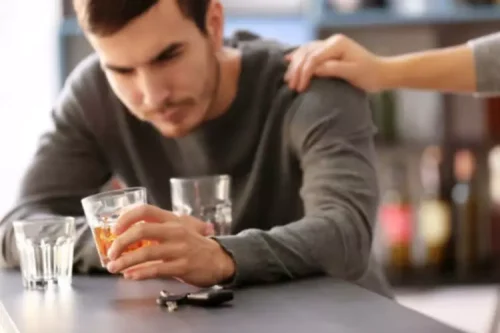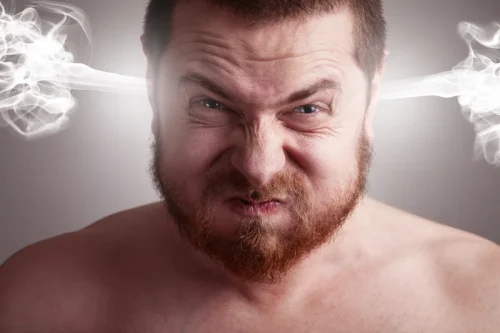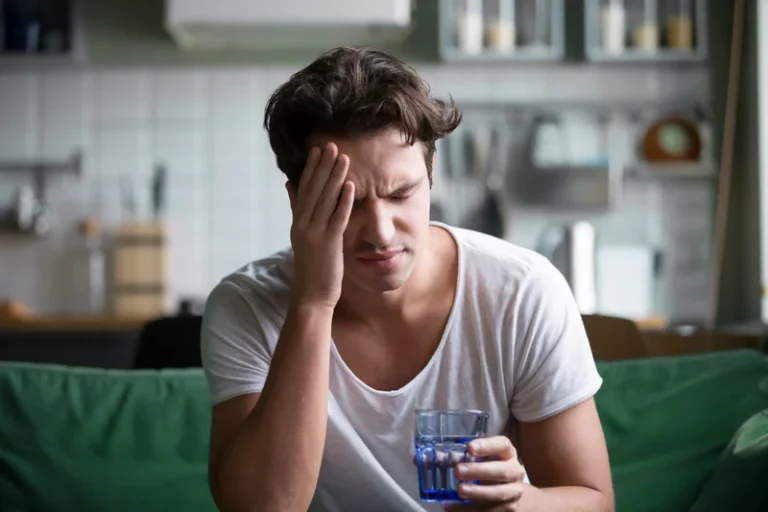What Are Alcohol Shakes or Tremors?

Remember, everyone’s tolerance to alcohol varies, so it’s important to know your limits. Benzodiazepines are used to treat withdrawal symptoms such as tremors but must be used under close medical supervision, as they can be dangerous. Valium, Librium, Ativan, and Serax are benzodiazepines that may be prescribed to treat symptoms of alcohol withdrawal. Serious side effects can occur with any benzodiazepine, as well as possible dangerous interactions with other drugs or medications.

Brain shows changes in regions associated with anxiety after quitting alcohol, finds study
Confidant Health is a virtual platform where you can consult a licensed consultant to help you throughout your journey toward an alcohol-free life. Alcohol tremors are the uncontrolled shaking or involuntary movement of one of the parts of the body, and they are a key symptom of alcohol withdrawal. If left unmanaged, alcohol tremors may progress to a life-threatening condition called delirium tremens. Typically, alcohol tremors are present in the hands; however, they may also occur in the legs or arms. Additionally, snacking on nutritious foods while drinking can help counteract the effects of alcohol on the body. Choose snacks that are rich in vitamins and minerals, such as fruits, vegetables, and nuts.
Causes of Alcohol Shakes

Sometimes, the most severe symptoms of alcohol withdrawal symptoms can be life threatening. People with a history of AUD who want to quit drinking should contact a specialist who can help them and oversee the gradual withdrawal from alcohol. Alcohol tremors can also indicate a more severe form of alcohol withdrawal, called delirium tremens (DT’s). Delirium tremens is mainly characterized by tremors, hallucinations, disorientation, confusion, and increased heart rate/breathing rate/blood pressure. Delirium tremens is a much more serious form of alcohol tremors and usually appears a couple of days after someone ends an intense drinking binge. DT’s are especially common if you do not eat enough during your drinking binge or have a long history of alcoholism.

Care at Mayo Clinic
It is important to note that excessive electrolyte intake should be avoided, as it can have adverse effects on the body. Maintaining a balanced diet that includes foods rich in electrolytes can also support overall health and well-being. An alcohol detox program provides medical supervision, emotional support, and holistic therapies to provide comfort.
- They may also give you (or a caregiver or loved one who’s with you) a questionnaire called a Clinical Institute for Withdrawal Assessment for Alcohol Revised Scale.
- A rare but very serious syndrome called delirium tremens can occur during alcohol withdrawal.
- Alcohol tremors are involuntary shaking/trembling of one or more parts of the body.
- Not drinking breaks the cycle of consuming and withdrawing from alcohol.
- In such cases, most treatment centers will have qualified staff available to administer medications.
For men and those AMAB, heavy drinking is five or more drinks in a day and 15 during a week. When you suddenly stop drinking after a long period of alcohol use, your brain and nervous system can’t adjust quickly. Our science-backed approach boasts 95% of patients reporting no withdrawal symptoms at 7 days.

Treatment Options for Alcohol Tremors
He or she can guide you toward the safest, most comfortable, and most effective plan for your sobriety. Alcohol abuse affects your physical and mental health, so it’s important to be guided alcohol shakes by someone who knows your medical history. Your doctor may personally oversee your alcohol withdrawal, or he or she may refer you to an inpatient or outpatient treatment facility.

Others may be more susceptible to intoxication and DTs because of medications they take, health conditions and other factors. The only cause of DTs is withdrawal that happens when someone with alcohol use disorder stops drinking alcohol suddenly. They usually appear between one and three days after your last drink and are usually most intense four to five days after your last drink. Since there is an overlap of possible signs and symptoms, individuals may choose to contact a healthcare professional if they experience any of the above symptoms.

Deja una respuesta